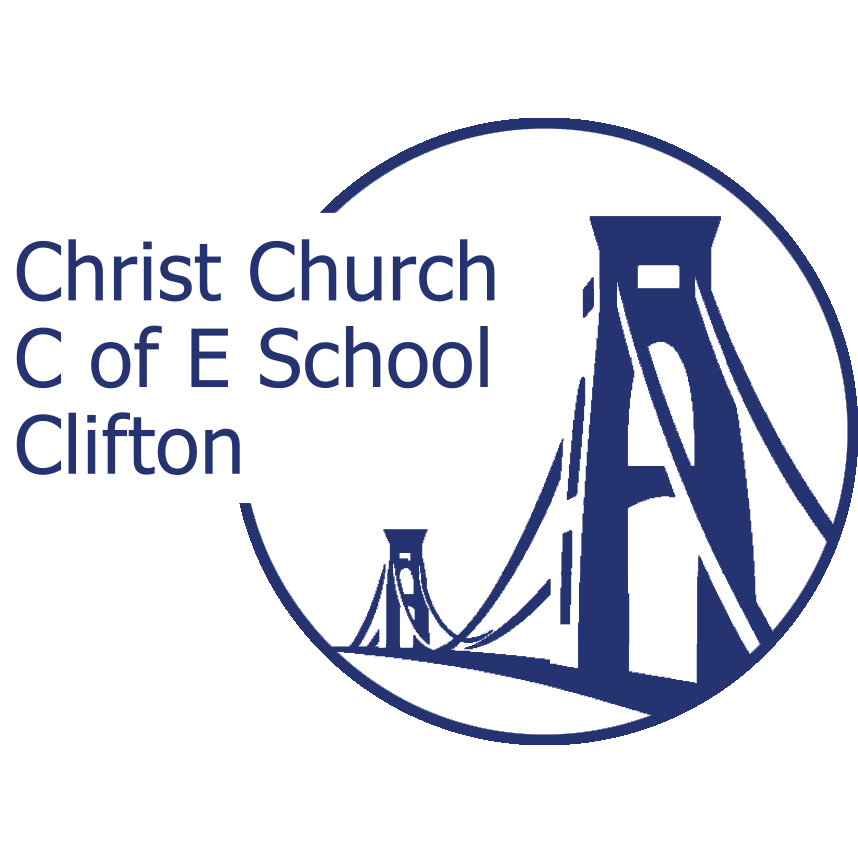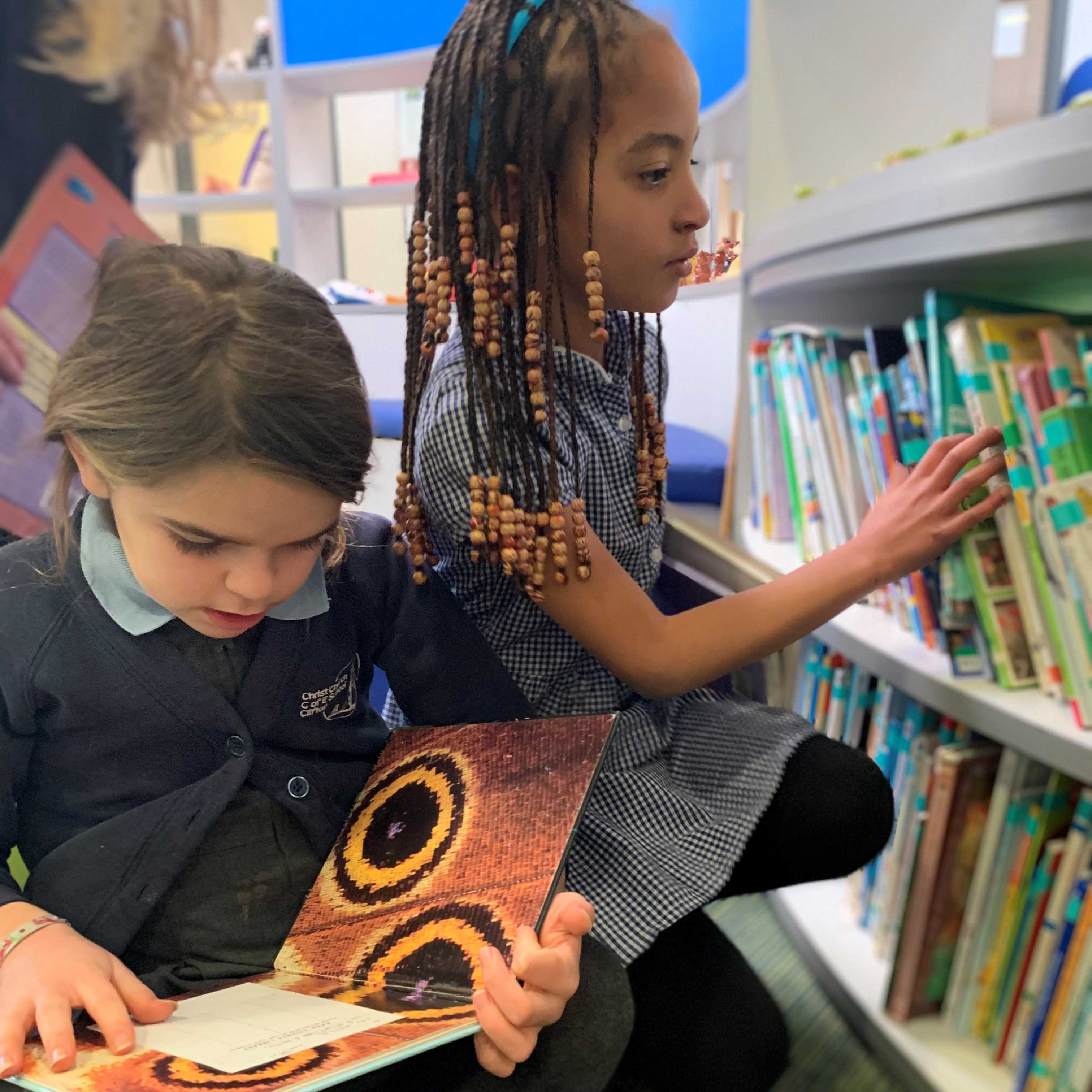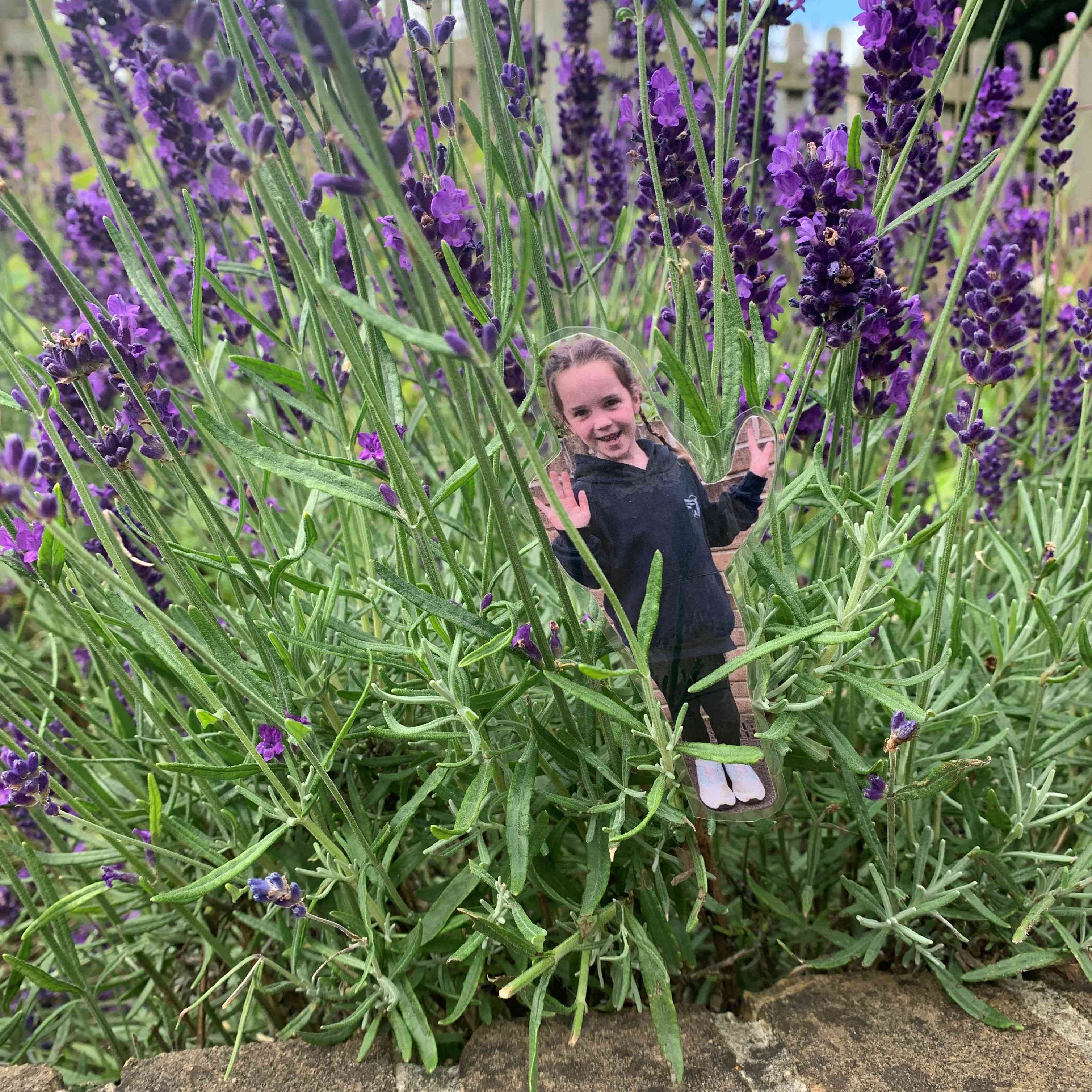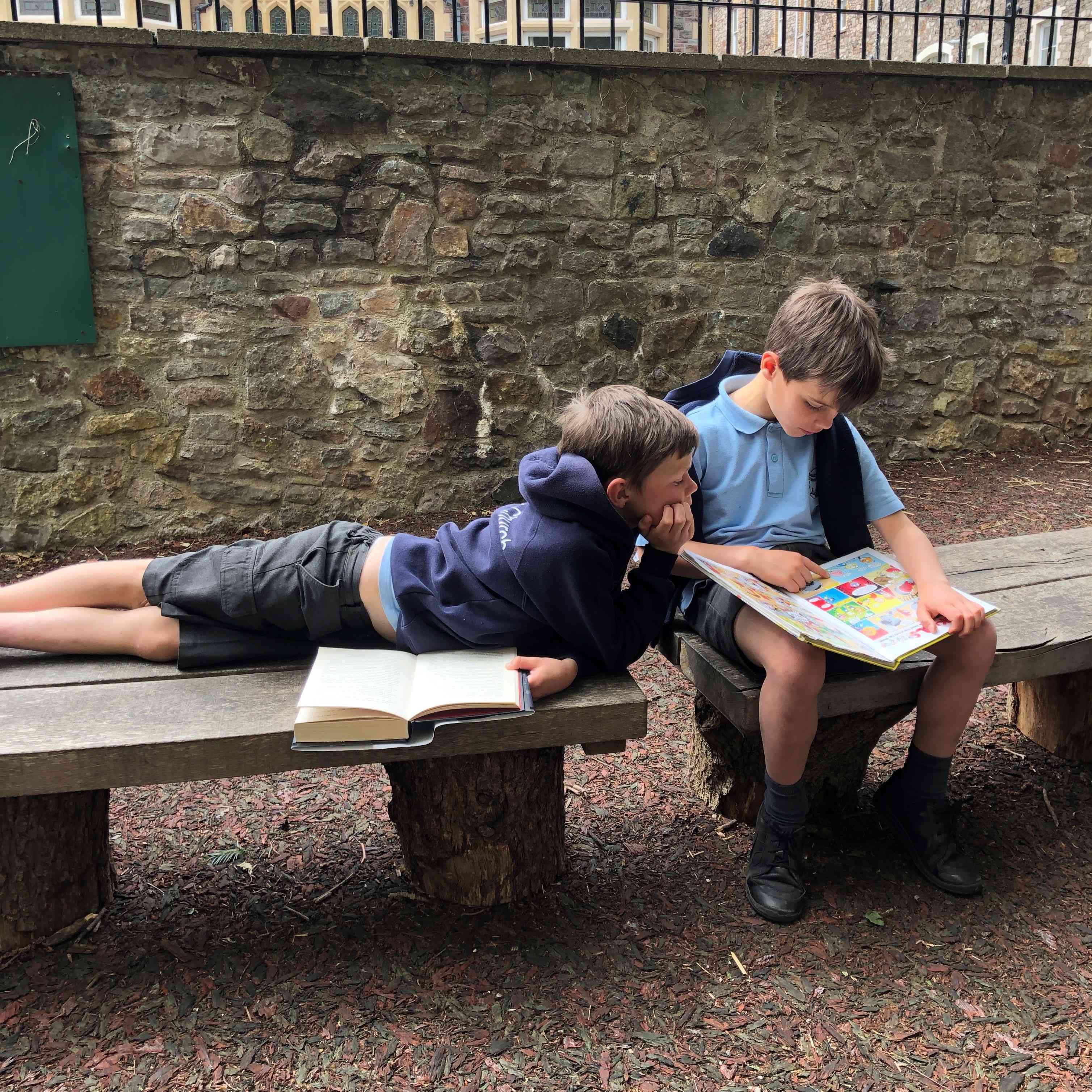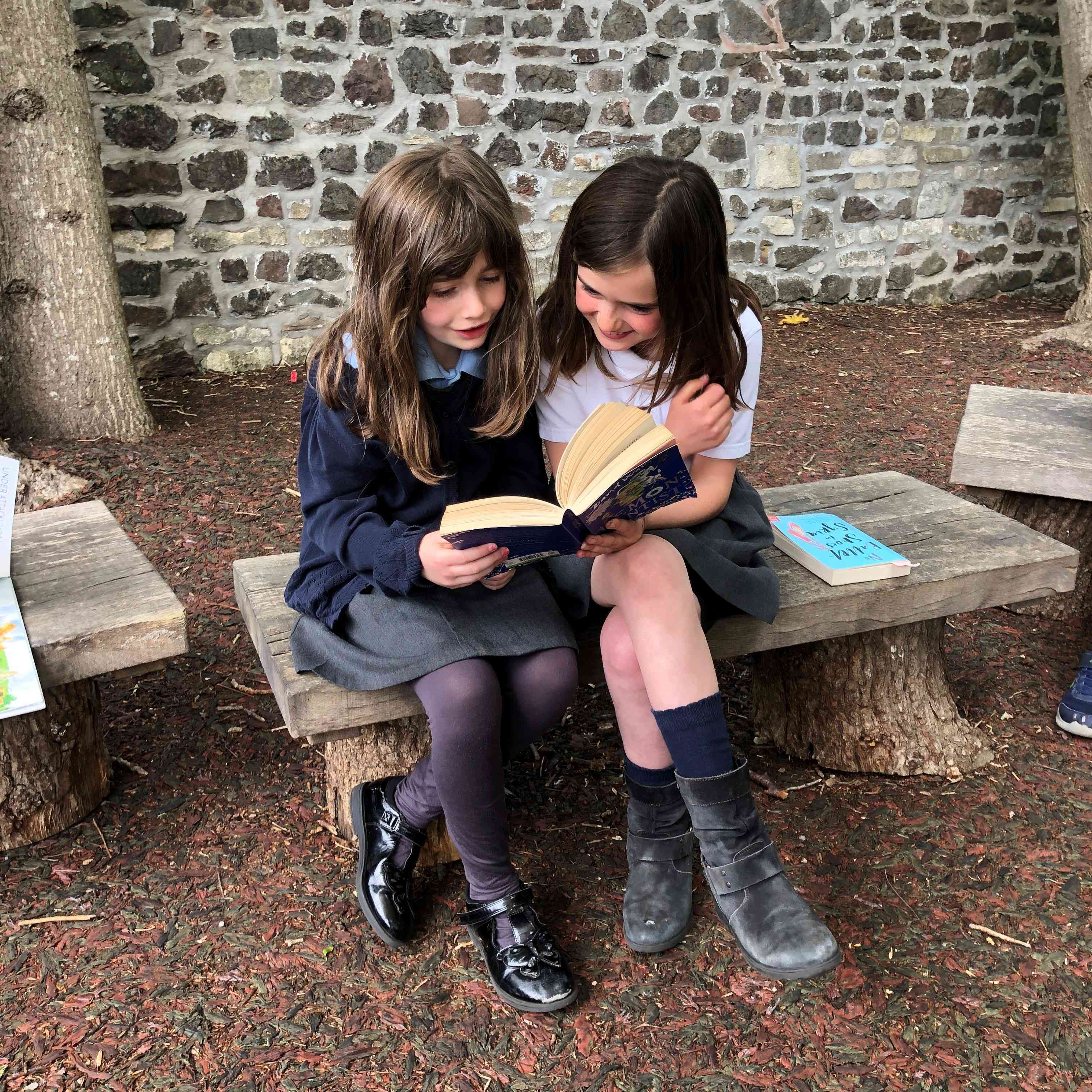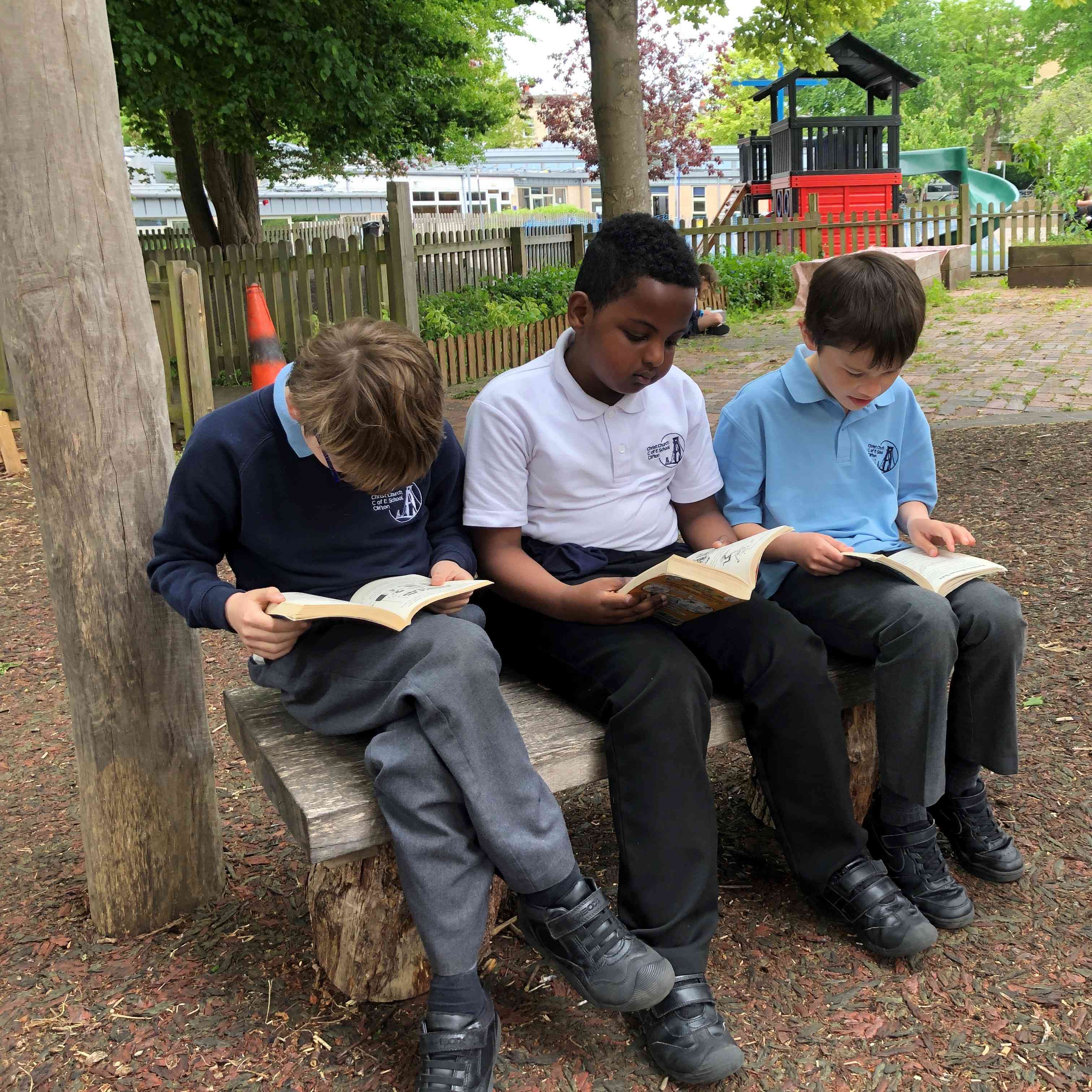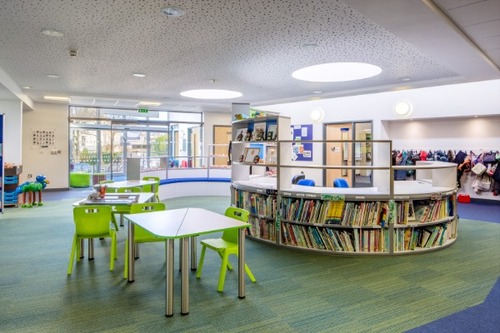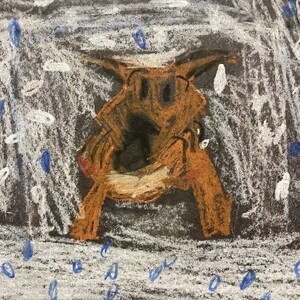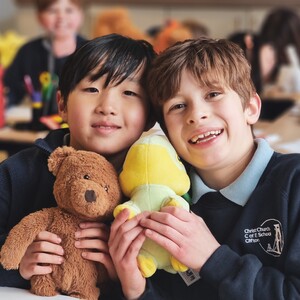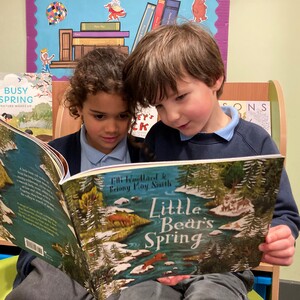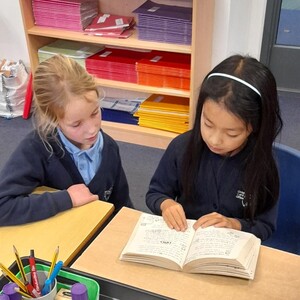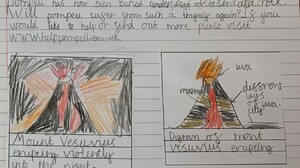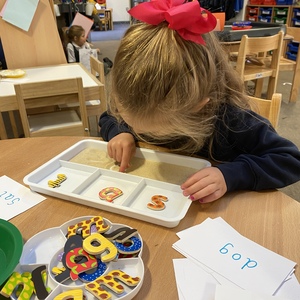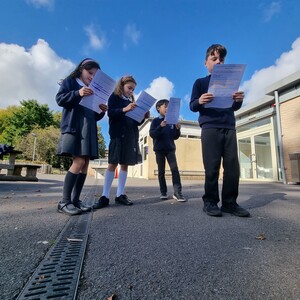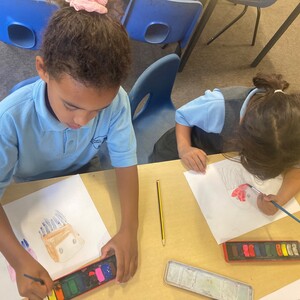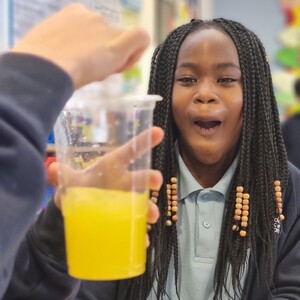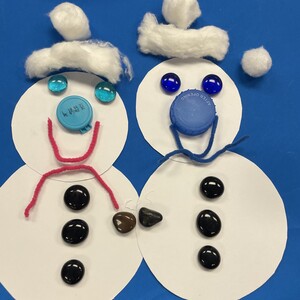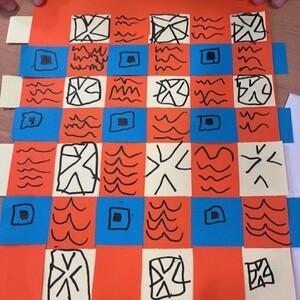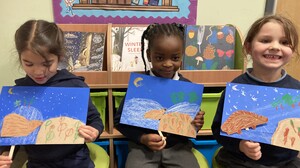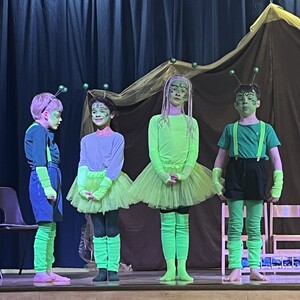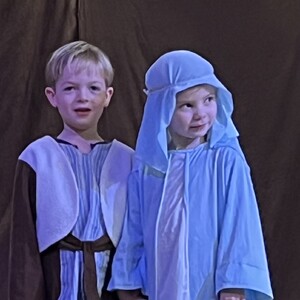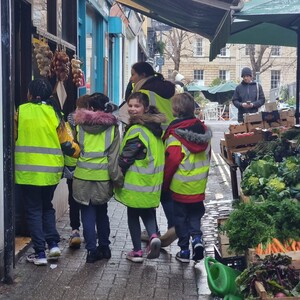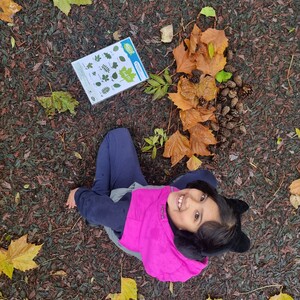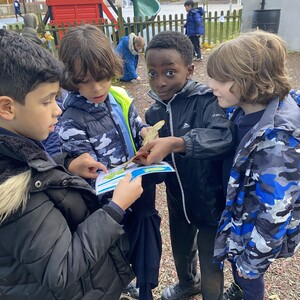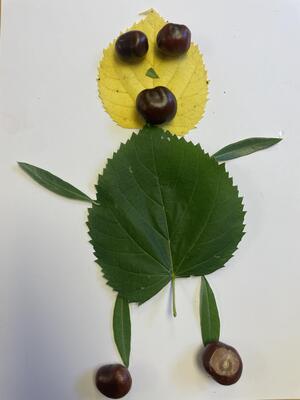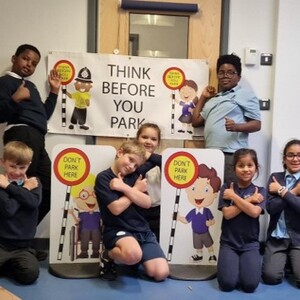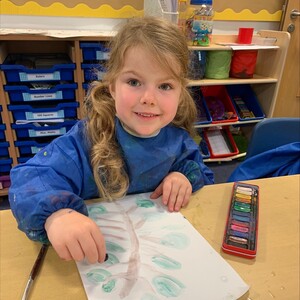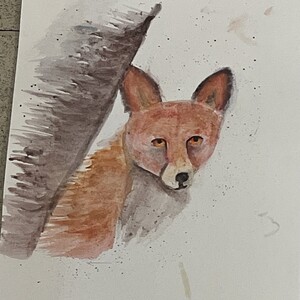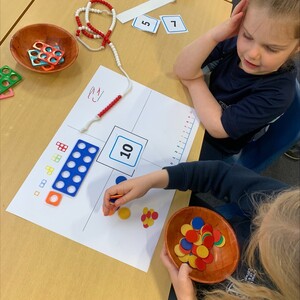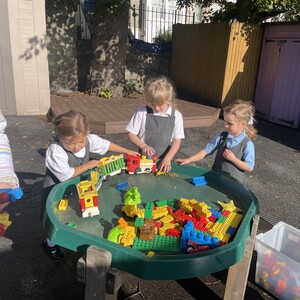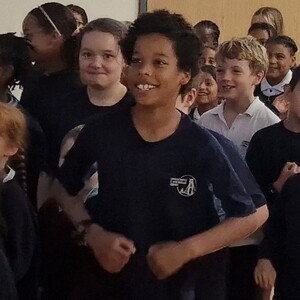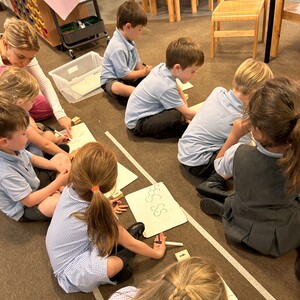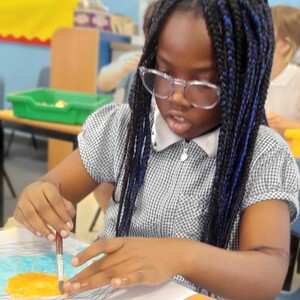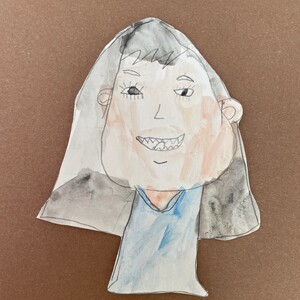English
English allows us to imagine, think and create and makes a crucial contribution to children's development as successful learners.
Literature in English is rich, varied and influential. It helps children to develop their imagination, see the world through the eyes of others and read and write for pleasure
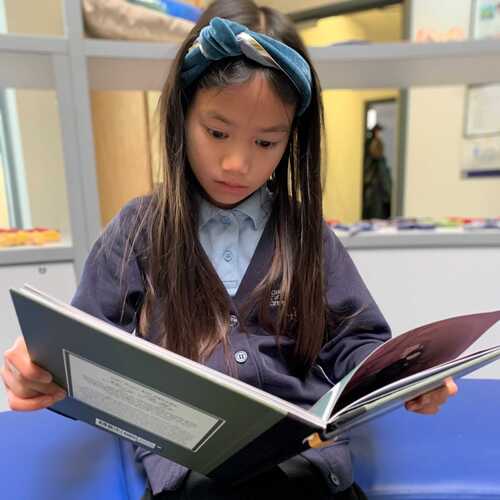
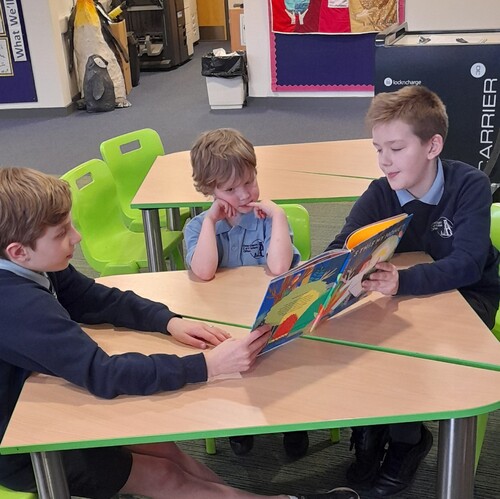
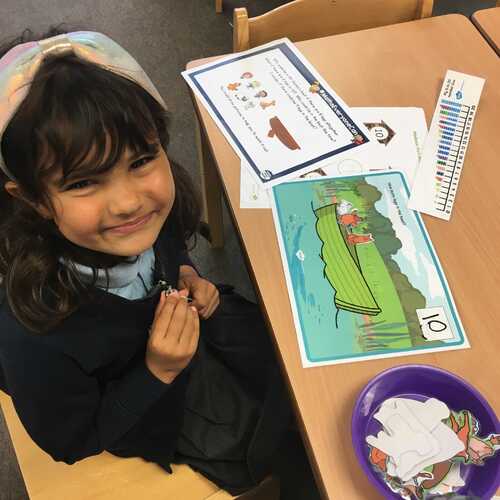
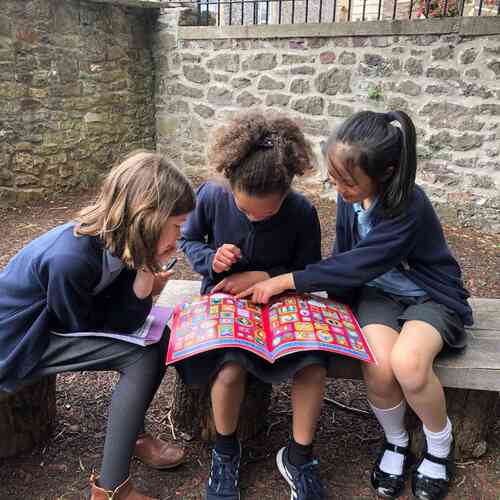

English
The English curriculum at Christ Church aims to develop children’s skills in reading, writing and speaking and listening in a robust and responsive way. It also aims to develop a love of reading, writing and language which will last our children a lifetime and enable them to fulfil their potential once they leave us.
Reading:
A love of reading is encouraged by an ever increasing range of provision. Children are exposed to a wide range of high quality texts throughout the school based on the CLPE Power of Reading range. This forms the basis of their writing by providing hooks into writing using the language from the high quality texts to improve their writing. Children are immersed into the Power of Reading texts through activities such as role play, real life experiences and art, encouraging a greater depth of understanding and engagement in the texts.
In the Early Years and KS1 this is supported by a core book list. These books are read to the children regularly so that they become familiar and the language and vocabulary begins to be embedded in the children’s own language patterns. The core texts also form the basis of play based activities in early years to allow children to use the language patterns in their play. In addition, the core list includes a range of nursery rhymes and poems to ensure that children experience a range of these in their time here.
Reading Schemes:
It is important for children to access texts that are appropriate for their ability in reading to enable them to apply the skills taught in phonics as well as other reading skills. Books for individual and guided reading are banded according to their coloured level. Phonically decodable books are also used and these are banded by phonic step. It is vital that early reading is done through the use of phonically decodable texts and therefore we ensure that the first books children receive to read at home are matched to the phonic step they are on and contain graphemes that they will be familiar with at any point in their learning. Two reading schemes are used in school, they are Bug Club and Oxford Reading Tree.
Writing:
All writing begins with reading. Whether a core book or Power of Reading text the children are immersed in the language of quality text as a starting point for their own writing. This text then provides hooks, or reasons to write as well as providing new vocabulary, language patterns or text structures which will be used in children’s own writing.
The children are taught to write in a variety of genres both fiction and non-fiction and these are taught using a clear progression through the year groups.
Across the school we use Talk for Writing to teaching writing. This includes a focus on oral rehearsal of text using actions to reinforce the key language. Once children are able to imitate the text they move onto shared writing where the text is modelled and they innovate to make a new story with similar language patterns. Children are encouraged to invent stories through their play when they can make story maps and use role play to tell their own stories. Invention is also done through shared writing where teachers model the writing process and use children’s ideas to develop class stories.
The key features of a text type are constructed by the children through looking at model texts, real life examples of text and work on the text type from previous years. This then forms the success criteria for their own writing. Short burst writing and oral rehearsal of sentence structures is followed by shared writing. Once children have these tools they are ready to write independently, edit and improve and then publish their work.
Spelling:
Children are taught spellings in an interactive way through a variety of activities. They begin with learning to spell the ‘non-negotiable’ first spelling list alongside their phonics in reception and KS1. In KS2 children are taught spelling rules according to the programme devised by North Somerset and they receive discrete spelling sessions on a weekly basis.
Grammar:
Grammar is taught in KS1 and 2 during the teaching sequences for the different genres of writing. Once an aspect of grammar is taught it is then modelled through shared writing before being included in the success criteria for use in independent writing. Any discrete teaching of grammar must be used in context through writing.
Articles
